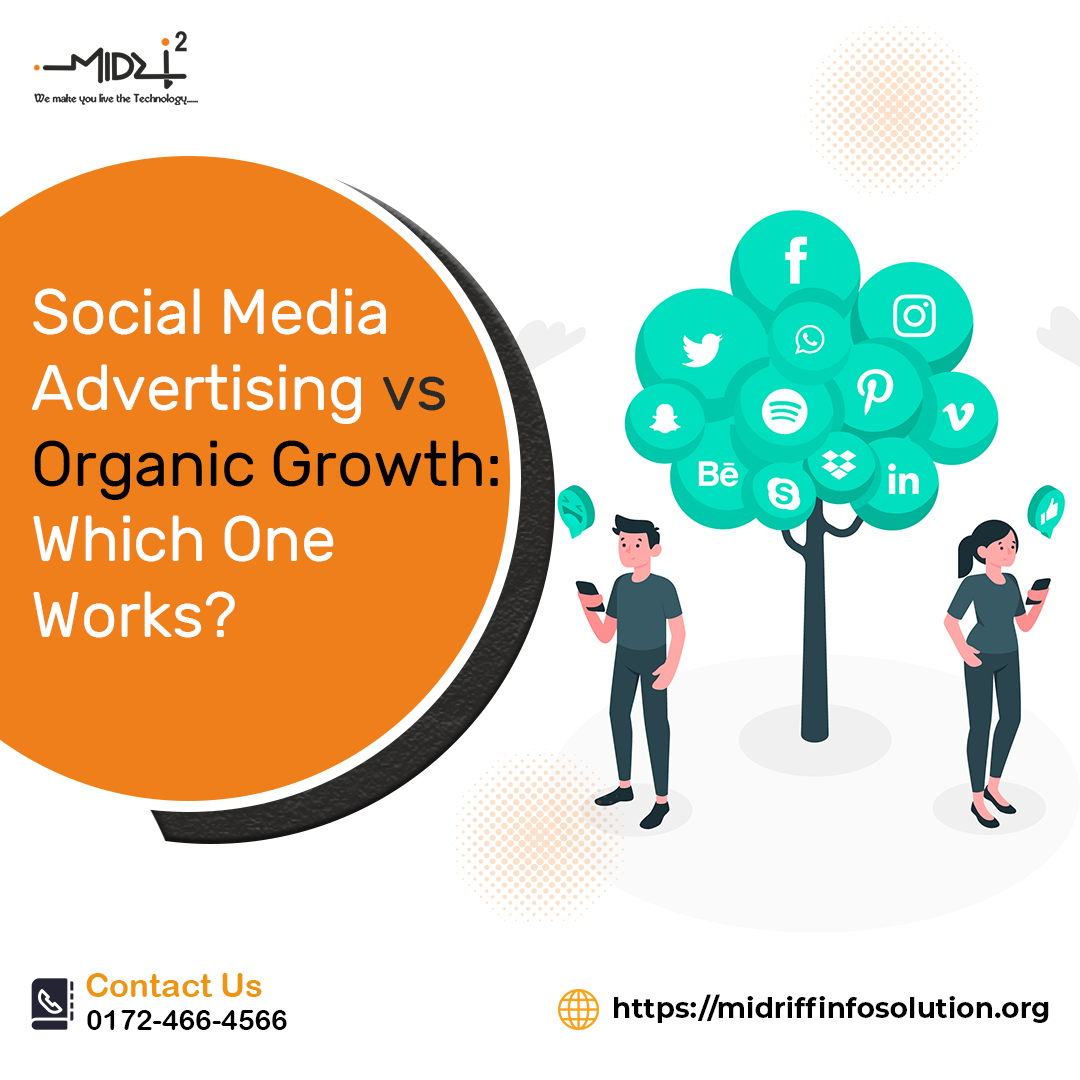A hybrid app is a mobile application that combines elements of both native apps (built for a specific platform, such as iOS or Android) and web apps (built with web technologies like HTML, CSS, and JavaScript). Hybrid apps are designed to work on multiple platforms and devices, including smartphones and tablets.
Hybrid apps are beneficial because they offer a cost-effective and efficient way for businesses to reach a wider audience. They can be developed using a single code base and can run on multiple platforms, which saves time and money compared to developing separate native apps for each platform.
Advantages & Disadvantages of Hybrid App
Advantages of Hybrid Apps:
● Cross-platform compatibility: Hybrid apps can be developed to work on multiple platforms, which means that businesses can reach a wider audience with a single app.
● Cost-Effective: Developing a hybrid app can be less expensive than developing separate native apps for each platform.
● Faster Development Time: Since hybrid apps use a single code base, they can be developed faster than native apps.
● Easy To Maintain: Hybrid apps are easier to maintain since updates and changes can be made to a single code base.
● Access To Device Features: Hybrid apps can access device features like the camera, GPS, and accelerometer, which allows for a more engaging user experience.
Disadvantages of Hybrid Apps:
● Performance Issues: Hybrid apps can sometimes suffer from performance issues, especially when compared to native apps.
● Limited Access to Device Features: While hybrid apps can access device features, they may not have the same level of access as native apps.
● User Experience: Hybrid apps may not offer the same level of user experience as native apps, especially when it comes to animations and other graphics-intensive features.
● Development Limitations: Hybrid apps may have limitations when it comes to developing more complex or specialized features.
Hybrid App vs Android App
Here are some of the key differences between hybrid apps and Android apps:
● Development Approach: Hybrid apps are developed using web technologies and a single codebase, while Android apps are developed using programming languages like Java or Kotlin.
● User Experience: Android apps provide a more seamless user experience on Android devices, while hybrid apps may not offer the same level of performance and user experience.
● Access to Device Features: Android apps have full access to device features and can provide more functionality than hybrid apps, which may have limited access to device features.
● Performance: Android apps are optimized for the Android platform and can provide better performance than hybrid apps, especially for graphics-intensive tasks.
● Maintenance: Hybrid apps can be easier to maintain since changes and updates can be made to a single codebase, while Android apps may require more effort to maintain across multiple versions and devices.
In short, the choice between a hybrid app and an Android app depends on the specific needs of your business and your target audience. If you need to reach multiple platforms and have limited development resources, a hybrid app may be the best choice. If you need full access to device features and want to provide a seamless user experience on Android devices, an Android app may be the better choice.
Conclusion
In conclusion, Hybrid apps can be a cost-effective and efficient way for businesses to reach a wider audience, but they do come with some limitations when compared to native apps. It’s important to carefully consider the specific needs of your business and your target audience before deciding whether to develop a hybrid app or a native app. If you are looking for someone expert to help you with mobile app development then reach out to Midriff Info Solution Pvt. Ltd today.





